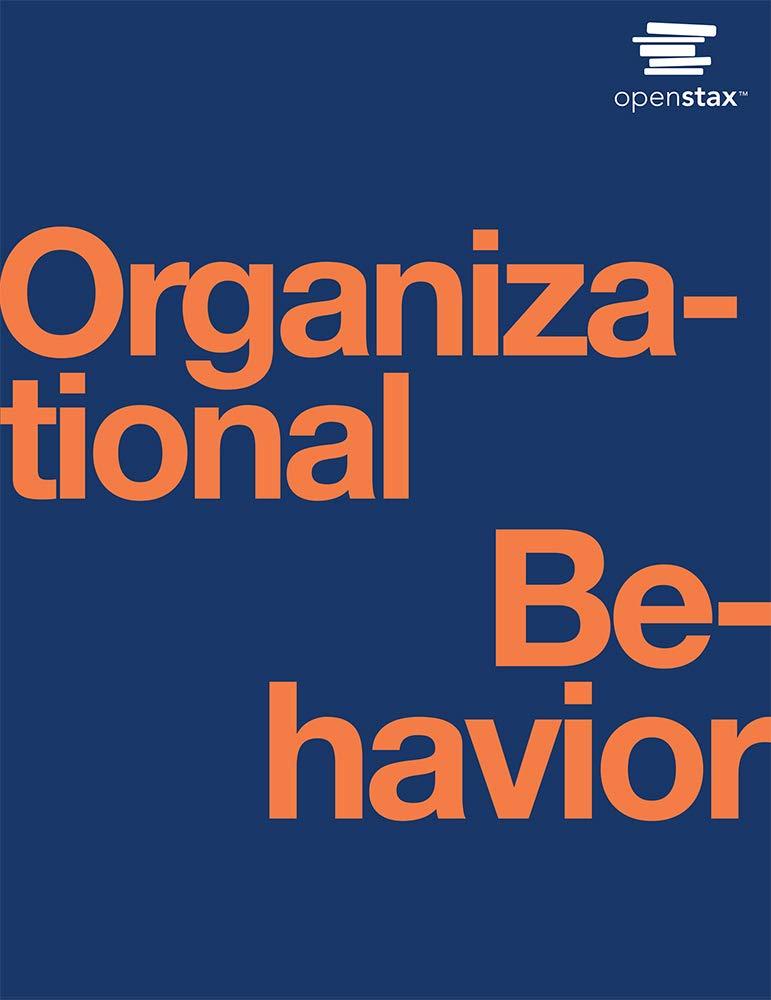Airbnb, a popular home-sharing website founded in San Francisco in 2008, offers millions of homes for short-term
Question:
Airbnb, a popular home-sharing website founded in San Francisco in 2008, offers millions of homes for short-term rental in more than 190 countries. This company has revolutionized the sharing economy in the same way that ride-sharing services such as Uber and Lyft have, and according to the company, the site’s drive to connect hosts and potential renters has been able to contribute to the quality of life of both homeowners and travelers. According to Airbnb’s press releases and information campaigns, their services can reduce housing costs for travelers on a budget and can provide unique experiences for adventurous travelers who wish to have the flexibility to experience a city like a local. The organization also claims that most of its users are homeowners looking to supplement their incomes by renting out rooms in their homes or by occasionally renting out their whole homes. According to a statement, most of the listings on the site are rented out fewer than 50 nights per year.
Despite the carefully crafted messages Airbnb has presented to the public, in 2016 the company came under intense scrutiny when independent analyses by researchers and journalists revealed something startling: While some Airbnb hosts did in fact use the services only occasionally, a significant number of hosts were using the services as though they were hotels. These hosts purchased a large number of properties and continuously rented them, a practice that affected the availability of affordable housing in cities and, because these hosts were not officially registered as hoteliers, made it possible for Airbnb hosts to avoid paying the taxes and abiding by the laws that hotels are subject to. Title II of the Civil Rights Act of 1964 mandates that hotels and other public accommodations must not discriminate based on race, national origin, sex, or religion, and Title VIII of the Civil Rights Act of 1968 (also known as the Fair Housing Act [FHA]) prohibits discrimination specifically in housing. However,
Airbnb’s unique structure allows it to circumvent those laws. The company also claims that while it encourages hosts to comply with local and federal laws, it is absolved from responsibility if any of its hosts break these laws. In 2017, researcher Ben Edelman conducted a field experiment and found that Airbnb users looking to rent homes were 16% less likely to have their requests to book accepted if they had traditionally African American sounding names like Tamika, Darnell, and Rasheed.
These findings, coupled with a viral social media campaign, #AirbnbWhileBlack, in which users claimed they were denied housing requests based on their race, prompted the state of California’s Department of Fair Employment and Housing (DFEH) to file a complaint against the company. In an effort to resolve the complaint, Airbnb reported banning any hosts who were found to have engaged in discriminatory practices, and they hired former U.S. Attorney General Eric Holder and former ACLU official Laura Murphy to investigate any claims of discrimination within the company.30 In 2016, Airbnb released a statement outlining changes to company practices and policies to combat discrimination, and while they initially resisted demands by the DFEH to conduct an audit of their practices, the company eventually agreed to an audit of roughly 6,000 of the hosts in California who have the highest volume of properties listed on the site.
Discussion Questions
1. What are some efforts companies in the sharing economy can take before problems of discrimination threaten to disrupt operations?
2. Should Airbnb be held responsible for discriminatory actions of its hosts?
Step by Step Answer:






